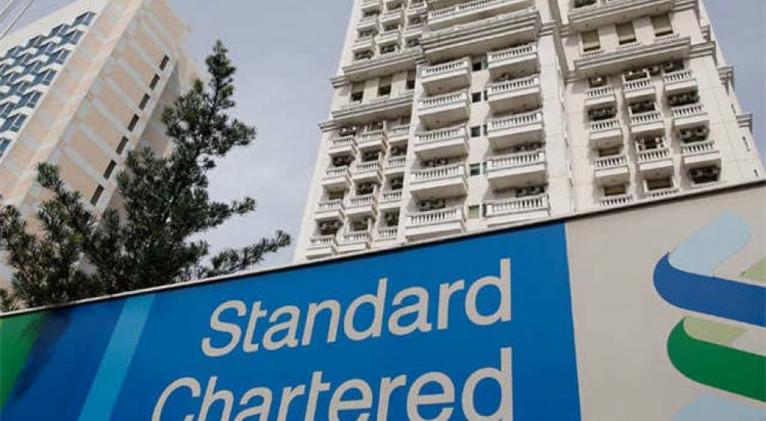USA Fines British Bank for Violating Blockade on Cuba

Washington, Apr 9 (Prensa Latina) British bank Standard Chartered will pay 1.1 billion dollars for allegedly violating U.S. blockade on Cuba and sanctions against Iran, Syria, Sudan and Myanmar, the US Treasury Department reported today.
The London-based institution agreed to pay 947 million dollars to US entities, including 639 million to the Office of Foreign Assets Control (OFAC) of the Treasury department.
In addition, it will have to pay a fine of 133 million dollars imposed by the Financial Conduct Authority of the United Kingdom, due to money laundering infractions that, according to the communications issued on Tuesday, included deficiencies in its financial controls against terrorism in the Middle East.
Standard Chartered said it 'accepts full responsibility for violations and control deficiencies,' adding that the 'great majority' of the alleged incidents were before 2012. 'None of the violations occurred after 2014,' it said.
According to the Treasury Department, from June 2009 to May 2014, the British bank processed nine thousand 335 transactions for a total of 437 million 553 thousand 380 dollars, through the United States.
'All these transactions involved people or countries subject to comprehensive sanctions programs administered by OFAC,' he added.
These actions, according to the federal entity, constitute apparent violations of the sanctions regulations for Myanmar and Sudan, both currently repealed; the Regulation of Control of Cuban Assets; the Regulation of Transactions and Sanctions to Iran; and the Syrian Sanctions Regulation.
The new sanctions against a foreign entity for allegedly transgressing the siege lasting almost 60 years against the Caribbean island, and sanctions against other countries, occur after last November. Washington applied a fine of one billion 340 million dollars to the French bank Société Générale SA for similar reasons.
That sum represented the second largest penalty ever authorized against a financial institution for breaking the sanctions imposed by the American nation.
Some analysts have denounced the way in which Washington uses its financial power, not only to regulate markets, but as another way to apply its foreign policy.
A paper published in 2017 by British magazine The Economist indicated that, unlike other aspects of US hegemony, the dollar has become more important and today remains the main global reserve currency, which allows this country to exert a huge financial power.
Hence, frequently, the administration and Congress approve the imposition of economic sanctions to apply pressure on countries that are outside Washington's control.













Add new comment